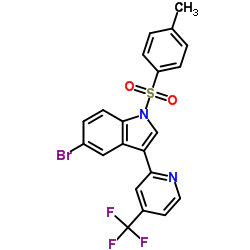| Structure | Name/CAS No. | Articles |
|---|---|---|
 |
γ-Glutamyl hydrolase
CAS:9074-87-7 |
|
 |
trans-Zeatin
CAS:1637-39-4 |